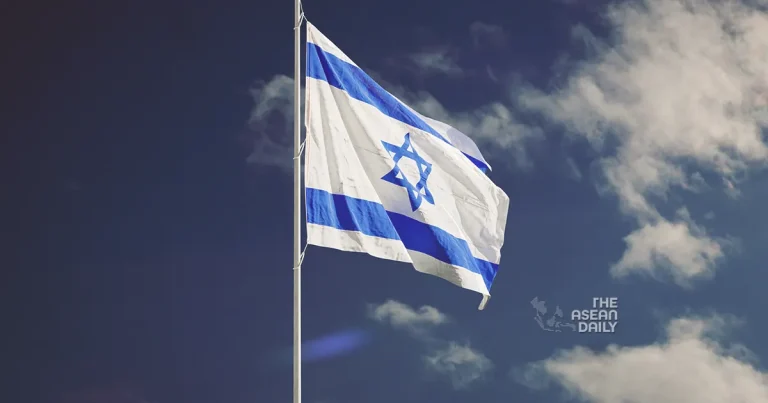3-1-2024 (BEIRUT) Israel conducted a drone strike in Lebanon’s capital, Beirut, on Tuesday (Jan 2), resulting in the death of Saleh al-Arouri, Hamas’ deputy leader, according to Lebanese and Palestinian security sources. Simultaneously, Israel intensified its military operations against Gaza, engaging in what it described as “high-intensity” warfare against the militant group.
The killing of Arouri, aged 57, marks the first assassination of a senior Hamas political leader since Israel initiated a comprehensive air and ground offensive against Gaza’s Hamas rulers nearly three months ago. This offensive followed a surprise Hamas militant incursion into Israeli towns.
The implications of Arouri’s death extend beyond Gaza, potentially escalating the Israel-Hamas conflict. The heavily armed Hezbollah group in Lebanon, an ally of Hamas, has been involved in near-daily exchanges of fire with Israel along Lebanon’s southern border since the Gaza war began.
Hamas radio, TV, and Lebanon’s pro-Iranian Mayadeen TV confirmed the information from security sources, stating that Arouri, a member of Hamas’ politburo based abroad and a co-founder of the Izz-el-Deen al-Qassam Brigades (Hamas’ military wing), was killed in a drone strike on a Hamas office in south Beirut.
The drone attack resulted in six casualties in Daliyeh, a southern suburb of Beirut associated with Hezbollah. The Lebanese state news agency reported that the drone targeted a meeting, and Hamas’ Al Aqsa TV confirmed the deaths of key commanders, including Samir Findi Abu Amer and Azzam Al-Aqraa Abu Ammar.
Israeli military spokesman Daniel Hagari, when asked to confirm Israel’s involvement, stated, “We are focused on killing Hamas,” without providing further details. Mark Regev, an adviser to Israeli Prime Minister Benjamin Netanyahu, clarified that Israel had not officially claimed responsibility for the attack. Regev emphasized that the strike was not directed against the Lebanese state but was a targeted action against the Hamas leadership.
Israel had accused Arouri of orchestrating and overseeing Hamas attacks in the Israeli-occupied West Bank over several years. Arouri, anticipating such threats, had stated in August 2023, “I am waiting for martyrdom (death), and I think I have lived too long.”
Arouri had been active in both Lebanon and Qatar recently, playing a central role in negotiations facilitated by Cairo and Doha to resolve the Gaza conflict and secure the release of hostages taken during Hamas’ incursion into Israel on Oct. 7.
Lebanese caretaker premier Najib Mikati condemned the attack, labeling it a “new Israeli crime” and an attempt to draw Lebanon into the conflict. Mikati’s office announced plans to file a complaint with the UN Security Council over “new Israeli violations of Lebanese sovereignty.”
Nasser Kanaani, spokesperson for Iran’s foreign ministry, a major supporter of Hamas and Hezbollah, predicted that Arouri’s killing would “ignite another surge in the veins of resistance.” Hezbollah leader Hassan Nasrallah had previously warned Israel against carrying out assassinations on Lebanese soil, promising a “severe reaction.”
In response to Arouri’s killing, hundreds of Palestinians protested in Ramallah and other West Bank towns, chanting, “Revenge, revenge, Qassam!”
The ongoing Gaza war, triggered by a cross-border Hamas assault on Israeli towns on Oct 7, has resulted in a significant death toll. The Gaza health ministry reported 207 deaths in the past 24 hours, bringing the total Palestinian death toll to 22,185 in nearly three months of conflict. Israeli Defence Minister Yoav Gallant highlighted operations around Khan Younis, targeting areas above the tunnel network where Hamas leaders were believed to be hiding.
“We are reaching them in all ways. There already is engagement, and there are (Israeli) hostages there too, sadly,” Gallant told troops in Gaza, as reported on Israeli television.




